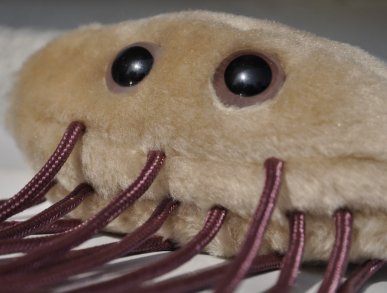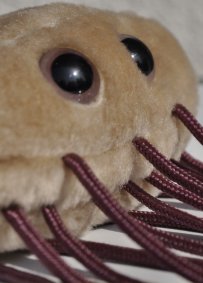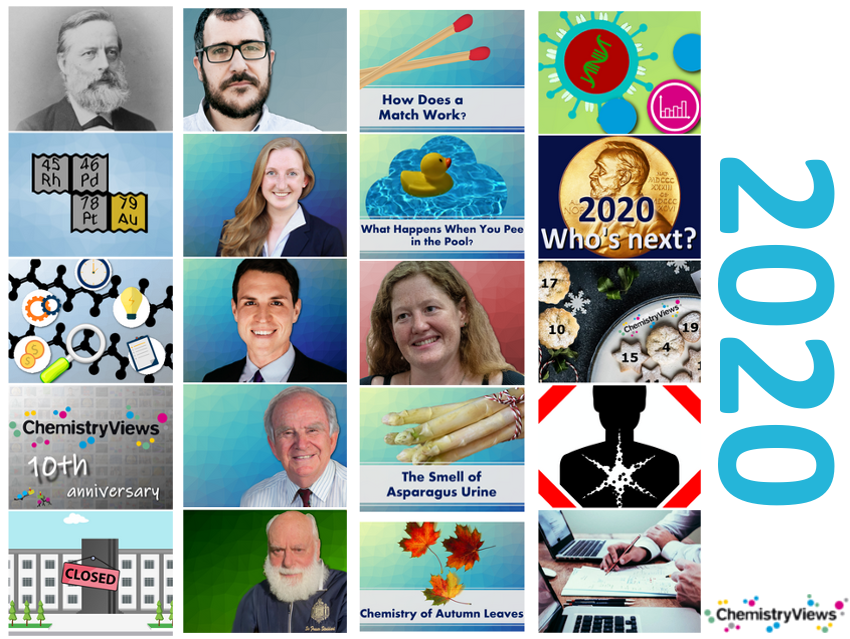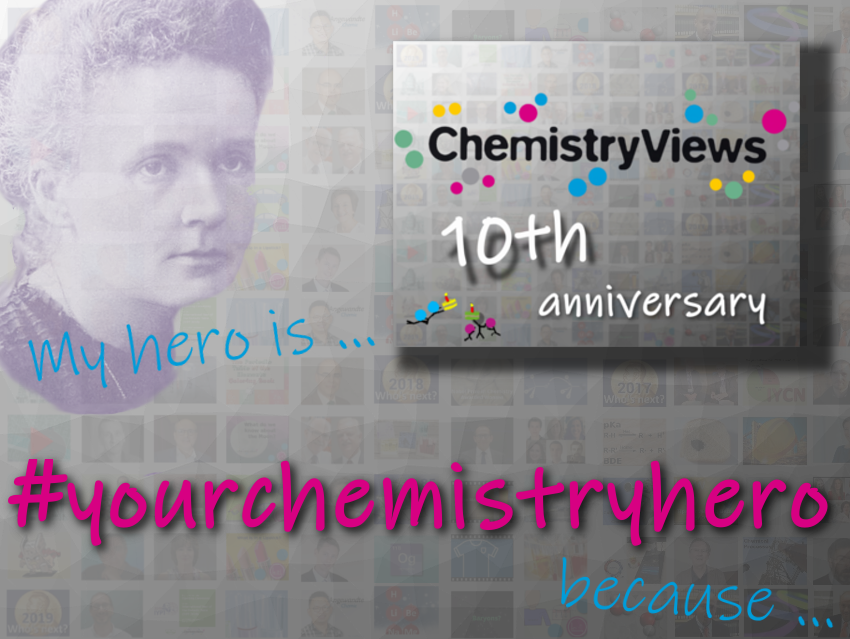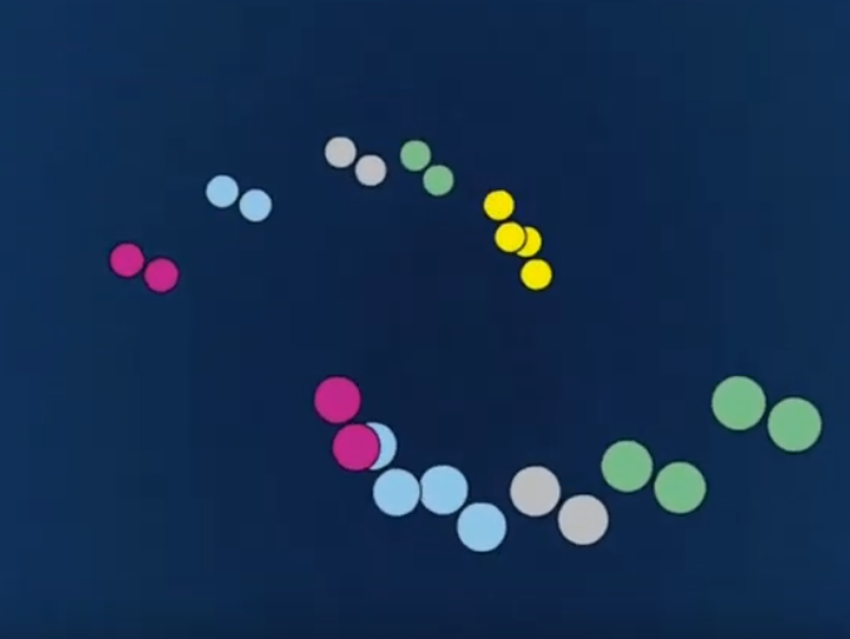Today ChemViews has the pleasure to talk to Fridolin E. Coli, the gram-negative rod-shaped bacterium, well known in the field of biochemistry, biotechnology and microbiology, about his more than one hundred years of experience in research.
As it is not easy to talk to a bacterium, ChemViews sought the expertise of the Biotechnology Journal. As a joint force the Editors Uta Schaefer and Vera Köster were able to interview this scientific star.
What did you do before entering research?
I was a totally innocent bacterium in the gut flora. But I have always been very curious so I left my host in search of adventure.
So how has your career developed?
It all started when I met Theodor Escherich about 126 years ago. Since then I have worked together with many researchers around the world.
In the beginning, it took a while for researchers to realize my potential. The real breakthrough didn’t come until 1972 at a meeting in Hawaii. Herbert Boyer from the University of California, San Francisco, USA, reported an enzyme, EcoRI, that could be used to cleave double stranded DNA. And Stanley Cohen, a Stanford medical professor I worked together with, showed that I could take up plasmids, small rings of DNA. Since then we introduced genes into me using plasmids, so that I can now produce a huge number of proteins, e.g., in industrial fermentation processes.
The first highlight in my research career was when I learned how to produce human insulin that helps many people with diabetes. Thereafter I remained very active in vaccine development, bioremediation, and production of immobilized enzymes which are fields I like very much.
So would you decide to go into science again?
Yes. Life in the laboratory is great. I always get all the nutrients I need and I am kept at 37 °C which is the perfect environment for me. So I can grow as fast as I can, which means I double every 20 minutes. I very much enjoy living in glassware because it is clean and sterile and so I don’t have to stay in the gut of people all the time. It can be quite unpleasant and boring in there.
How does it feel being genetically modified?
It doesn’t hurt and I am used to it. Although I have been cloned so many times, it is still very exciting, because I never know what will happen to me next. I like to experience new things all the time and I am thrilled by all the possibilities. I am also very proud of playing a key role in recent research and I enjoy working together with outstanding scientists.
Most reseachers are great to work with. But others do nasty things to me as well: They freeze me and have been trying to express proteins with me for years without success.
Other times I feel a bit abused, because I am only used to produce a plasmid that will be transferred into another bacterium. And in some cases I feel like dying when researchers switch off many of my genes or when they add antibiotics to my medium. Then I am relieved to see that lab members care for me and give me an antibiotic resistance gene or a nutrient I could not produce myself.
But as I said, most of the time I am very proud that many pharmaceutical developments could not have been achieved without me.
You are, genetically speaking, the best described organism. How does that feel?
My complete genome was published in 1997. It was both amazing and shocking.
I think this is the downside of being a star. Sometimes I feel a bit naked when I imagine how much scientists know about me. On the other hand they don’t know everything, yet!
So you still have your secrets?
Yes, and I intend to keep them. Everybody needs some privacy.
Are there any trends in biotechnology you dislike?
You’ve probably heard of Craig Venter who created a cell with a synthetic genome, and that he wants to create new artificial organisms that can produce everything with a minimal set of genes. There already is an electronic version of a relative of mine.
But I am pretty sure that I will still play an important role in this field. My unique personality and my experience are irreplaceable.
What would you like to be doing fifty years from now?
Lying around in my 37 °C glassware, enjoying perfect nutrients – joking aside, I hope to increase my importance in research. I want to branch out into healthcare and biopharmaceuticals as well as the production of chemicals. I am thrilled at being involved in the production of biofuels and bioplastics, and thereby being part of a more sustainable world.
What do you do in your spare time?
I enjoy doubling myself and thinking of new mutations, but I don’t really have much spare time.
However, I enjoy dabbling in psychology. I like to watch and analyze researchers. This has led to the fact that I never had to write my own grant applications or papers.
Mr. Coli, we thank you very much for this interview.
Fridolin E. Coli entered research in 1885. He started his career at the lab of the German Theodor Escherich and since then has moved to countless labs throughout the world. One of his first great achievements was to produce human insulin. He plays an important role in modern biological engineering and industrial microbiology.
He has at least 293,765 journal publications (according to PubMed search on March 28, 2011) and is mentioned in innumerable books.
